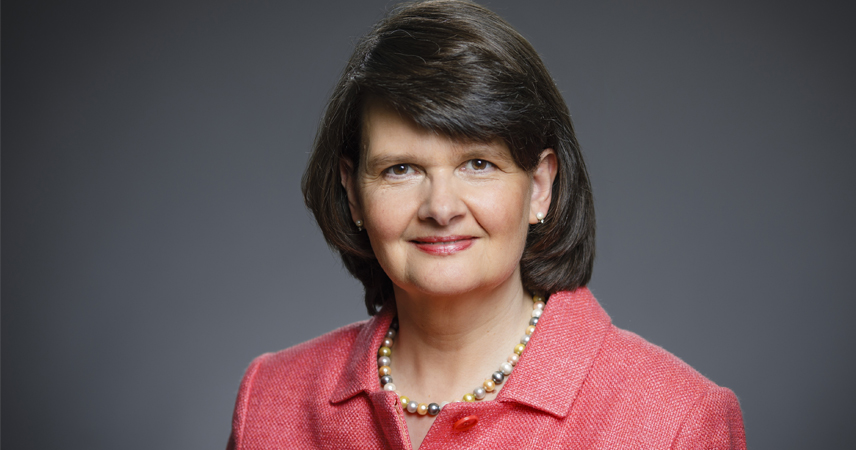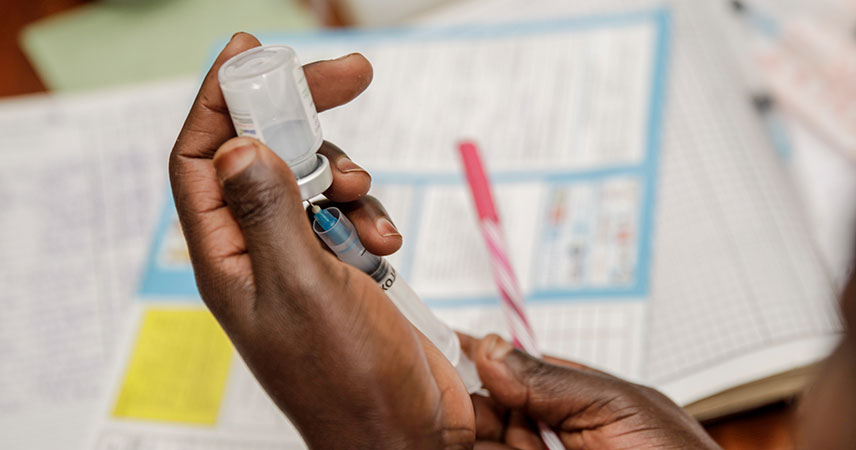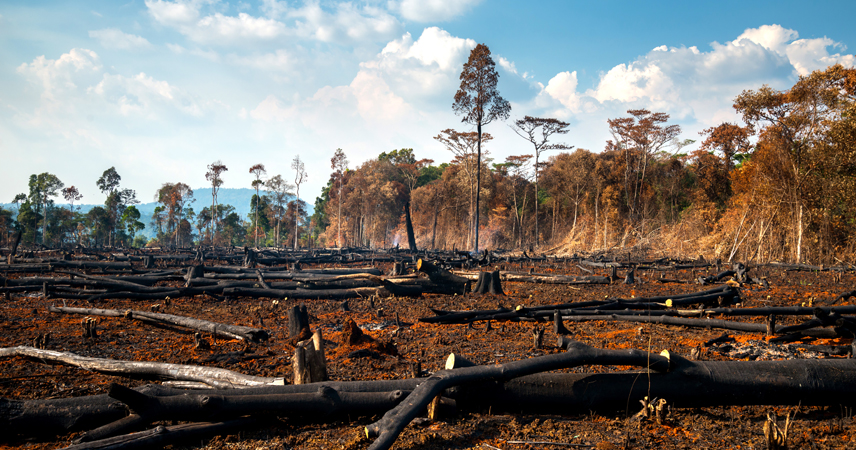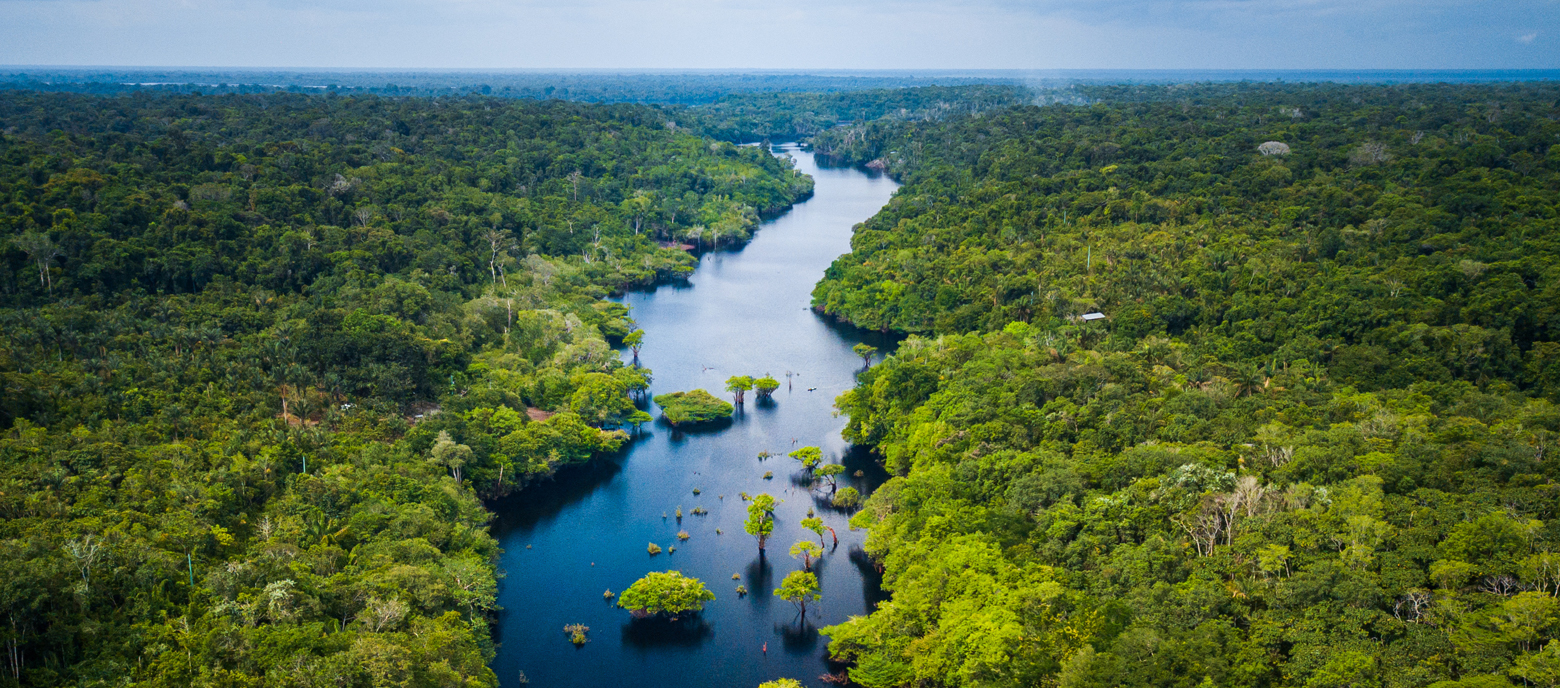Guest Column
Human, animal and environmental health

In our globalised world, a local outbreak of infection can swiftly lead to a pandemic with disastrous consequences. The SARS-CoV-2 virus is a very dramatic example of this. COVID-19 is a zoonosis – an infectious disease transmitted between animals and humans. Around three quarters of all new infectious diseases in humans originate in animals.
Close contact between humans and animals but also factory farming increase the risk of the emergence of new zoonotic diseases. The situation is critical in view of the world’s growing population, human encroachment into untouched habitats and industrial agriculture. Climate change, global mobility, the loss of biodiversity and, not least, antimicrobial resistance are also conducive to the spread of pathogens.

It is therefore clear that human health is connected to the health of our environment. Health protection is a complex task that requires interdisciplinary collaboration between the fields of human medicine, veterinary medicine and the environmental sciences. This is where the One Health approach comes in – with the goal of preventing diseases and preserving health at the interface between humans, animals and the environment. The One Health approach is not new, but unfortunately it has only been considered on an ad hoc basis up to now.
That is why the German Federal Ministry for Economic Cooperation and Development (BMZ) is now working to integrate the One Health approach into German development cooperation to a greater extent. Our aim is to improve communication and cooperation at all levels, from schoolchildren, non-governmental organisations and the scientific community to political decision-makers. We are strengthening health systems and focusing primarily on zoonotic diseases and antibiotic resistance.
In some of our partner countries, such as Viet Nam and Ghana, close interdisciplinary cooperation has already been established in the health sector, which is something that we can learn from in Germany, too. Among other things, these success stories are based on the recognition that early prevention has economic advantages compared to tackling outbreaks of infection at a later stage.
If prevention as it is understood in the One Health approach is to be successful, one thing is is crucial: cooperation across disciplines. Human and veterinary health, the environment, and economic and social sciences belong together. That is why we have earmarked EUR 15 million to support the One Health Research, Education and Outreach Centre in Africa (OHRECA). Led by the International Livestock Research Institute, the centre contributes significantly to preventing zoonotic diseases, ensuring early detection and containing their spread.

As mentioned previously, this kind of coordinated approach requires considerable investment in preventive measures, but it pays off many times over. It is estimated that a total of USD 30 billion would be needed every year to reduce the transmission of diseases between humans and animals, but that is still 20 to 30 times cheaper than the loss to the global economy due to the COVID-19 pandemic, which is estimated at USD 5.6 trillion for 2020 alone.
To implement the One Health approach successfully, we not only need various academic disciplines but also the involvement of the private sector and policymakers. One Health can thus make measures at national and subnational level fairer and more effective. An ongoing dialogue, transparent project communication and a mindful, culturally sensitive and gender-sensitive approach are essential in any One Health project.
We are advocating the One Health approach in multilateral cooperation, too. In developing the new strategy for the Global Fund to Fight AIDS, Tuberculosis and Malaria (GFATM), greater attention will already be devoted to the One Health approach from 2023 onwards. In this context, BMZ has played an active role on the Global Fund Strategy Committee and Board. One Health is highly relevant to all areas of the Global Fund’s work – in fighting the three diseases, in the Fund’s response to the COVID-19 pandemic and in strengthening health systems on a lasting basis and preventing future pandemics.
BMZ is also pursuing the One Health approach through further specific programmes: to reduce health risks, strengthen human and veterinary health systems and improve early warning systems. As of this year, we will be devoting up to EUR 150 million every year to these programmes. We are keen to establish efficient structures – despite the complexity involved, measures and steering committees must be coherent, which is why we emphatically support the work of the One Health High Level Expert Panel (OHHLEP) of the four relevant institutions at UN level: the World Health Organization (WHO), the UN Food and Agriculture Organization (FAO), the UN Development Programme (UNDP) and the World Organisation for Animal Health (OIE).
August 2021
